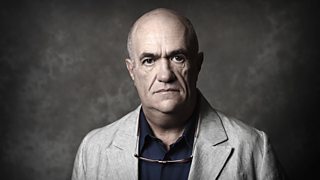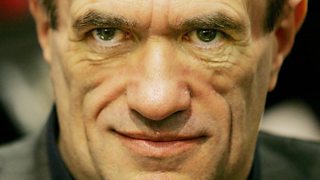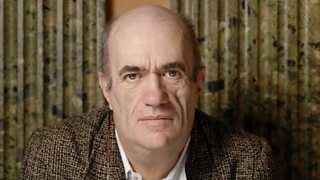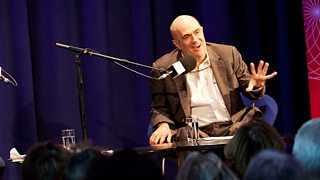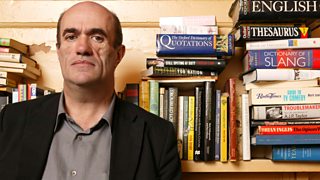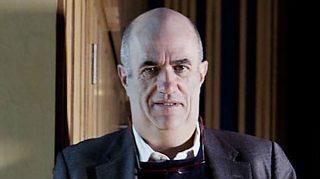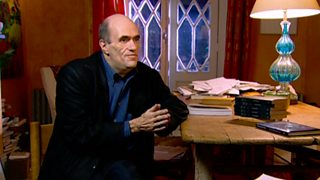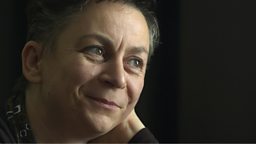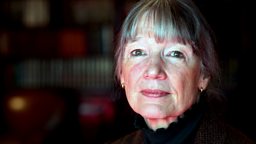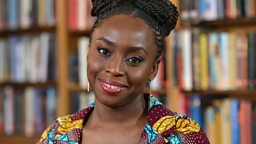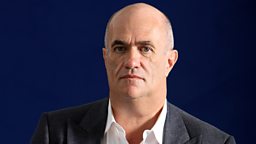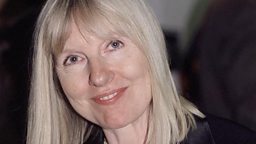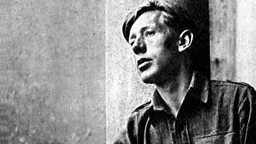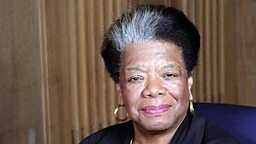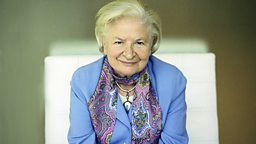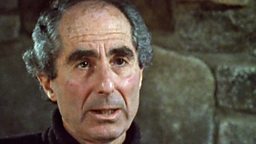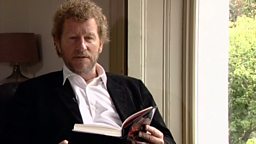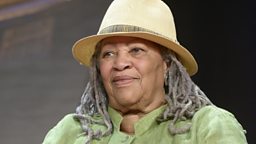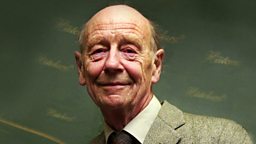Colm Toibin
With a distinguished career spanning nearly a quarter of a century, Colm Toibin is one of Ireland's greatest contemporary writers. ΒιΆΉΤΌΕΔ Arts presents a selection of his archive interviews.
From the archive
-
![]()
Toibin was Kirsty Young's castaway in January 2016, discussing his life and selecting his favourite music. His choices included Joni Mitchell, Kathleen Ferrier and Maighread and Triona NΓ Dhomhnaill with DΓ³nal Lunny.
-
![]()
Discussing Brooklyn in August 2011, Toibin recalls painful memories of his own homesickness in America and Spain, which inform Eilis Lacey's experiences in his novel, and how her ambivalent relationship to the small-town Ireland she left behind echoes his own.
-
![]()
Toibin joins James Naughtie in August 2008 to discuss his Man Booker-shortlisted novel The Master, a fictionalised account of the life of Henry James. Toibin's story explores the tension between the master novelist and troubled private man.
-
![]()
Following the release of The Testament of Mary - Toibin's controversial re-imagining of the life of the Virgin Mary - Philip Dodd interviews the author at the 2012 Radio 3 Free Thinking Festival. Toibin discusses his own life, ideas, and thoughts on literature.
-
![]()
In July 2014 Toibin was one of five writers from countries involved in WW1 invited to reflect on a turning-point moment in their history. He tells the story of Lady Gregory's pilot son, who inspired Yeats' poem An Irish Airman Foresees His Death.
-
![]()
Colm Toibin talks to John Wilson in June 2013 about Poem by American poet Elizabeth Bishop - his pick for Front Rowβs cultural exchange. Toibin was one of 75 leading creative minds invited by Radio 4 to choose their favourite cultural work.
-
![]()
Toibin discusses 2014 novel Nora Webster. Set in his home town of Enniscorthy, it is a portrait of a mother's journey from grief to hope. Mariella Frostrup asks why an author revered for such melancholy prose is also known for his humour and lust for life.
-
![]()
In an archive film from the Book Show in December 2004, Toibin talks to Martha Kearney about growing up in Ireland and different styles of writing in his novels. The author also reads from his 1996 novel The Story of the Night.
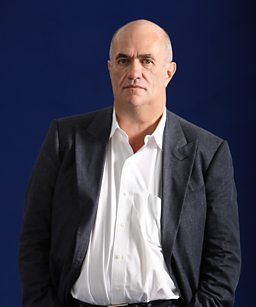
About the Author
Colm Toibin is known as something of a conundrum β a gay man who writes convincingly about heterosexual relationships, a man known for his humour and lust for life who writes somewhat melancholy prose, and a man who lost his father but writes again and again about mothers.
Read More
Born in 1955 in Enniscorthy, County Wexford, heβs the second youngest of five children. His grandfather was a member of the IRA who took part in the 1916 Rebellion. His father was a teacher who was involved in the Fianna FΓ‘il Party.
Toibin left Ireland in 1975 when, inspired by Ernest Hemingway, he travelled to Spain and experienced a country in jubilation at the end of the Franco era. As a young gay man in Barcelona, Toibin admitted he βgot very little work doneβ. He did eventually return to Dublin, making a living from journalism before publishing his first novel The South in 1990, based partly on his time in Spain.
Later novels include the Blackwater Lightship, The Master and The Testament of Mary, all three of which were nominated for the Booker Prize, as well as Brooklyn, which won the Costa Novel Award.
Toibin often returns to his hometown of Enniscorty, most notably in Brooklyn, and in his 2014 novel Nora Webster - the story of a motherβs grief in small-town Ireland, based very much on his own memories of this fatherβs death when he was 12. βA child who loses a parent never recoversβ he once said, and loss is a recurring theme in his writing.
Colm Toibin also writes regular journalism and teaches English and Comparative Literature at Columbia University. In 2011 he was named one of Britain's Top 300 Intellectuals by the Observer.
Justine Willett, ΒιΆΉΤΌΕΔ Readings Unit
